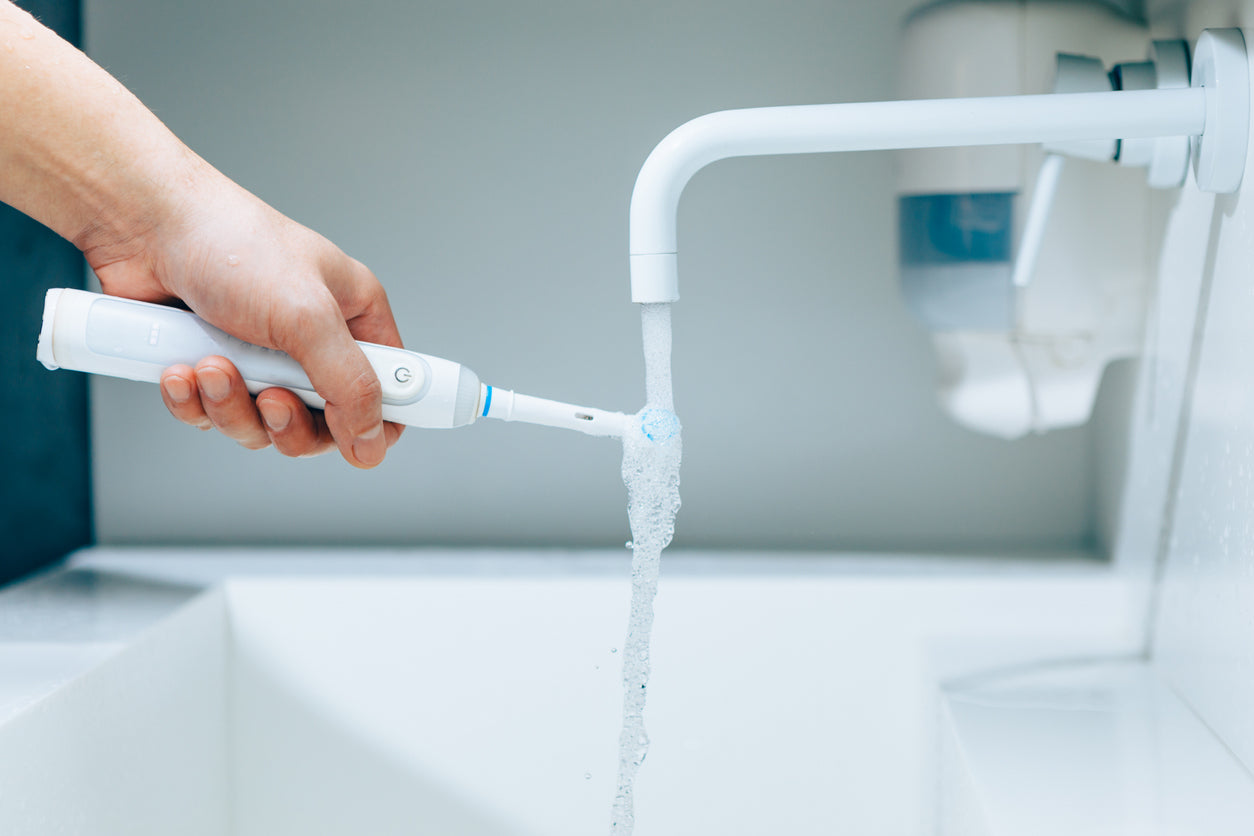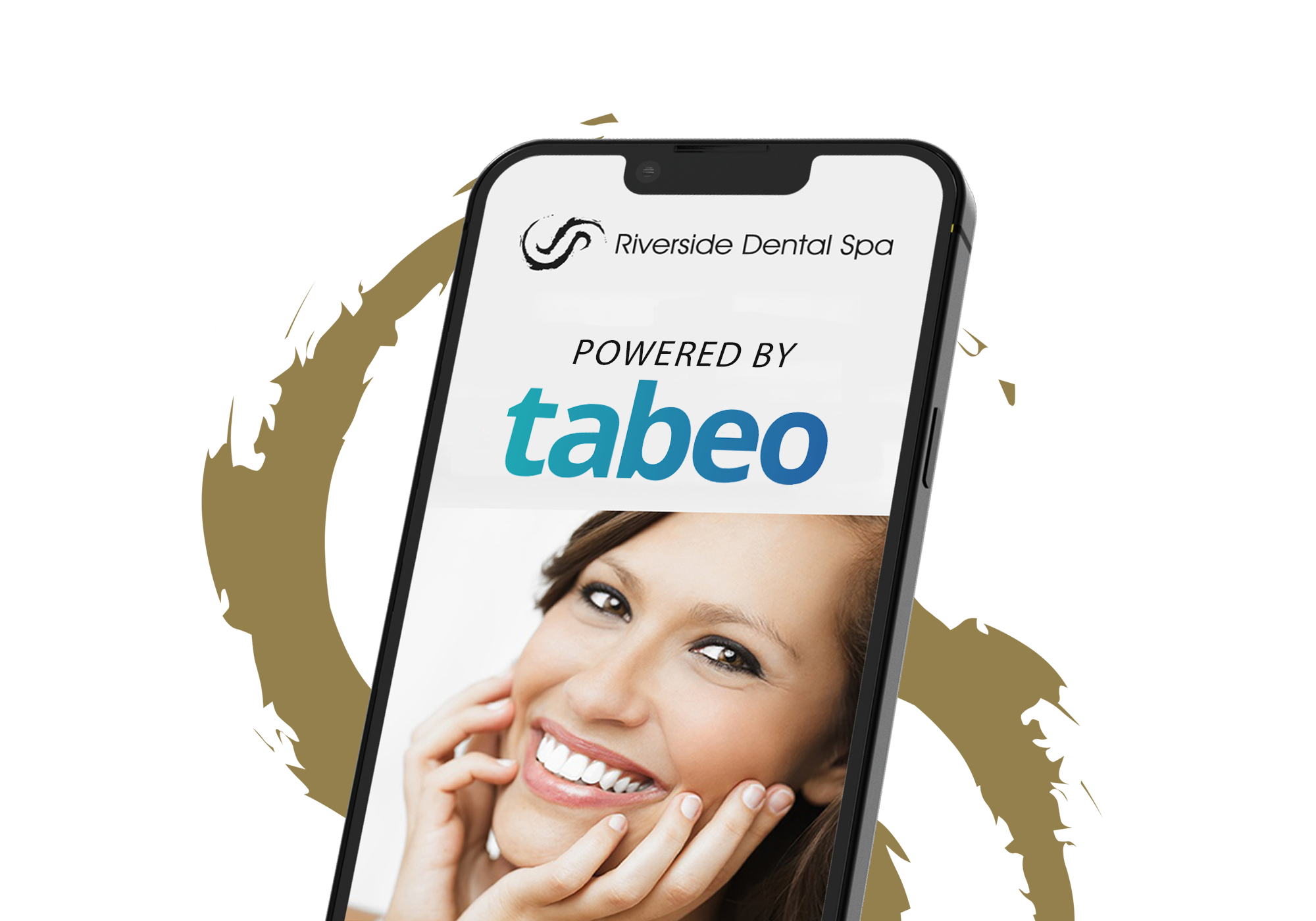Your oral health is an incredibly important, yet often overlooked, factor when it comes to considering your overall health and wellness. Poor oral hygiene has long been linked to heart disease, high blood pressure and an increased stroke risk, and recent research has also revealed a positive correlation between maintaining good oral hygiene and cognitive performance. Looking after your teeth and gums can help prevent gum disease, cavities, and other related health issues, but there is now evidence that these simple habits can benefit your brain health as well. Read on to explore how prioritising your oral health will benefit your brain and keep you healthy.
Reduced Risk of Cognitive Decline
Poor oral hygiene has been linked to an increased risk of developing neurological conditions, such as Alzheimer’s, Parkinson’s and other forms of cognitive decline, due to a build-up of plaque in the brain, increased inflammation, and the formation of neurofibrillary tangles. Taking care of your teeth and gums reduces the risk of this build up, as well as preventing toxins from entering the body through the mouth.
Reduce Inflammation in the Body
Research has revealed that unhealthy gums and teeth can increase inflammation in the brain and the body, which can lead to a range of health issues, including an increased risk of having a stroke. This is due to an increase in bacteria and plaque build-up in the mouth, as toxins can enter the bloodstream and cause inflammation throughout the body. Prioritising good oral health can reduce the risk of this inflammation and can help keep the brain healthy and functional.
Reduce Stress
Looking after your teeth and gums can also help reduce the amount of stress hormones circulating in the body. Stress has been directly linked to cognitive decline, and reducing the amount of stress hormones can help the brain stay healthy and functioning correctly, as well as reducing the risk of other stress-related health issues.
Prioritising Your Dental Health
Maintaining good oral hygiene is the key to preserving your dental health and, in turn, your brain health. Brushing your teeth twice a day and flossing are the two most important steps you can take to care for your gums and teeth. Additionally, visiting your dentist every six months for checkups, as well as for any issues, is essential, as your dentist will be able to spot any potential problems early on and treat them before they become serious. Dental health issues, such as untreated cavities, will increase the risk of plaque and toxins entering the bloodstream and threaten your overall health and wellbeing, so regular visits to the dentist are recommended.
It is also important to develop healthy eating habits that are good for your teeth and gums, as well as your physical and emotional health. Eating a balanced diet, one that is low in sugar and high in whole foods, will reduce the risk of plaque build up on your teeth and gums, which can lead to tooth decay, cavities and other dental problems.
Prioritising your Oral Health
Looking after your teeth and gums is essential for the overall health and wellness of your brain. By brushing, flossing, caring for your body and regularly attending the dentist, you can reduce your risk of developing neurological conditions and keep your brain healthy.
Riverside Dental Spa is a private dental practice in London offering a wide range of general, cosmetic and specialist dentistry services. Prioritise your oral health today by clicking here or search online for Riverside Dental Spa.



